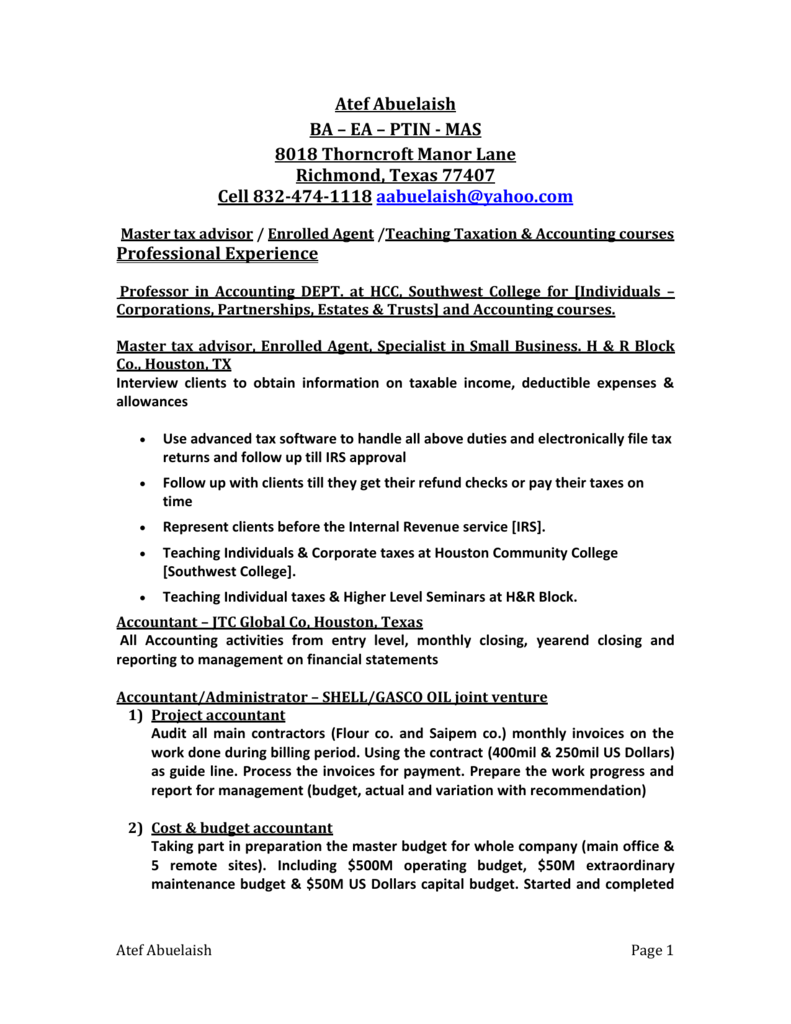The full company tax rate is 30% and the lower company tax rate is 27.5%. From the 2017–2018 income year, your business is eligible for the lower rate if it’s a base rate entity. A base rate entity is a company that both: has an aggregated turnover less than $50 million from 2018–2019 ($25 million for 2017 –2018.
- The Small Business Administration is providing information on government assistance programs for small businesses. This is to ensure small businesses have access to information on loans, paycheck protection, guidance and local assistance. Small businesses are encouraged to do their part to keep their employees, customers, and themselves healthy.
- In order to claim the exemption a taxpayer must file Form 5076 Small Business Property Tax Exemption Claim Under MCL 211.9o with the local unit where the personal property is located, no later than February th, postmark is acceptable.20 The burden of proof remains with the taxpayer to demonstrate postmark by February 20th.
- Income Taxes for Small Businesses. All businesses must pay tax on their income; that is, the business must pay tax on the profit of the company. How that tax is paid depends on the form of the business. Most small businesses are pass-through entities, which means that the business taxes are passed through to the owners on their personal tax.

Start-Up Guides and Resources
- Texas.gov: The award-winning official eGovernment website for the State of Texas, providing citizens, local government, and state agencies with a single, secure structure to conduct business online.
- Texas Hospitality for Small Business Owners: Information provided by the Texas Economic Development Division within the Governor's Office, includes information on business structure, EINs, business taxes, and employer requirements.
- The Governor's Office Small Business Handbook (PDF): A start-up guide for small businesses provided by the Texas Economic Development Division within the Governor's Office.
- Small Business | USA.gov: An official site of the U.S. Government that provides access to federal, state, and local information for small business owners.
- Starting & Managing Your Business: Guides provided by the U.S. Small Business Administration for every stage of business.
Small Business Resources
- U.S. Small Business Administration: The SBA provides programs and services for small businesses and partners in a network of local small business development centers.
- Service Corps of Retired Executives (SCORE): Mentoring and other assistance to small businesses through partnership with the U.S. Small Business Administration.
Permits and Licenses
Patents, Trademarks and Copyrights
Securities Issues
Other Resources
- Business Identity Theft: Information concerning business identity theft and strategies to employ if you think you may be a victim.
1) Tax Registration
Employer Identification Number (EIN): All employers who have employees, including business partnerships and corporations, must be assigned an Employer Identification Number (EIN) or Employer Tax ID from the United States Internal Revenue Service, sometimes referred to as a Form SS-4.
U.S. Internal Revenue Service Phone: 1-800-829-4933
Texas Tax Registration: Those businesses operating within the state of Texas are additionally required to register for more specific identification numbers, licenses or permits for different tax purposes. Examples of these include income tax withholding, sellers’ permits for sales and use tax, and unemployment insurance tax. Contact the Texas Online Tax Registration Application for more specific information regarding business owner tax obligations and registration procedures. The Texas Comptroller’s office offers access to even more General Tax Information and Forms.
2) Business Licenses
General Business Licenses: The official government page for the State of Texas provides specific information regarding permit, license and registration requirements through an extensive collection of links links and contact information.

3) Local Permits
The local government in your area, such as that of your city or county, may require specific permits and licenses. Each municipality may have its own unique regulations. Here are some of the most common licenses and permits you may need.
- Alarm Permit
- Building Permit
- Business License and/or Tax Permit
- Health Permit
- Occupational Permit
- Signage Permit
- Zoning Permit

4) Incorporation Filing
Businesses which operate as corporations, limited liability companies (LLC), a partnership (either limited or limited liability) or who are a non-profit organization need to register with the state. Forms and applications can be found here:
5) Doing Business As (DBA)
Filing for a fictitious name allows the creation of a business name which is then separate from your legal name. This is called Doing Business As, or DBA. In Texas, if the business will operate as a sole proprietorship or a general partnership, an Assumed Name Certificate or DBA for each name the business will use must be on file with the county clerk in each county where a business premise will be maintained. All businesses operating in Texas as limited partnerships, registered limited liability partnerships, limited liability companies, corporations, professional corporations, nonprofit corporations, and professional associations must register with the Secretary of State.
6) Employer Requirements
Withholding Income Taxes The IRS requires that records of employment taxes be kept for at least four years. An overview of employer responsibilities regarding the withholding of federal taxes is provided in the IRS Employer’s Tax Guide publication.
Federal Income Tax Withholding (Form W-4): All employees must fill out an exemption certificate for their employer (Form W-4) either on or before their start date of employment. The employer is then responsible for submitting the W-4 to the IRS for verification.
Federal Wage and Tax Statement (Form W-2): Employers must report annually to the IRS the wage and tax information which has been withheld for all employees. This report is filed using Form W-2, Wage and Tax Statement. A W-2 must be completed for each employee by January 31 each year. Copy A of the W-2 Form must be sent to the Social Security Administration (SSA) to report employee wages for the preceding year. Additional Employer W-2 Filing Instructions and Information are provided by the Social Security Administration.
State Taxes: The requirement of state tax withholding varies depending on where employees are located. Visit your state tax agency for further information. Texas requires a Sales Tax Permit which new applicants can complete online.

Employee Eligibility Verification (I-9 Form) Federal law requires that employers verify work eligibility in all employees hired after November 6, 1986. Proof of eligibility to work in the United States must be completed within three days of hire by completing the Employment Eligibility Verification Form, commonly referred to as an I-9 form.
Form I-9 must be completed for both citizens and non-citizens. The Small Business Guide to Immigration Regulations provides a summary of immigration laws and information to assist in completing the I-9 form for non-citizens.
New Hire Reporting: Employers are required to declare all newly and re-hired employees within 20 days of hiring. This information should be submitted via the State of Texas New Hire Reporting Program.
Insurance Requirements: The State of Texas requires businesses to carry certain kinds of insurance. The Texas Workforce Commission administers Texas’s Unemployment Insurance. An overview of insurance requirements can be found on the Texas Department of Insurance – Business page.
Disability Insurance: Temporary disability insurance benefits provide payment to workers, if needed, due to a non-work related illness or injury. In Texas, employers are not required to carry this insurance.
Unemployment Insurance Tax Businesses are required to pay unemployment benefits to eligible employees. More information regarding unemployment benefits can be located on the Unemployment page of the State of Texas Workforce Commission.
Workers’ Compensation Insurance A Worker’s Compensation claim can be filed by employees who are injured on job. In most instances, businesses are not required to carry this insurance in Texas.Texas employers without workers’ compensation insurance coverage are required to report their non-coverage status along with any work-related injuries and illnesses stats to the Texas Department of Insurance, Division of Workers’ Compensation. Employers are also required to notify employees if they do not offer this insurance. The Texas Department of Insurance – Workers’ Compensation Division offers further information regarding Workers’ Compensation coverage for employers.

You just learned about: Texas Business License, Permit and Registration Resource
For more information, check out this related resource: Texas Business ResourceDo you have a topic suggestion?
Guide To Houston Small Business Tax Relief
We are working rapidly to update our resources and content. Send feedback to let us know!